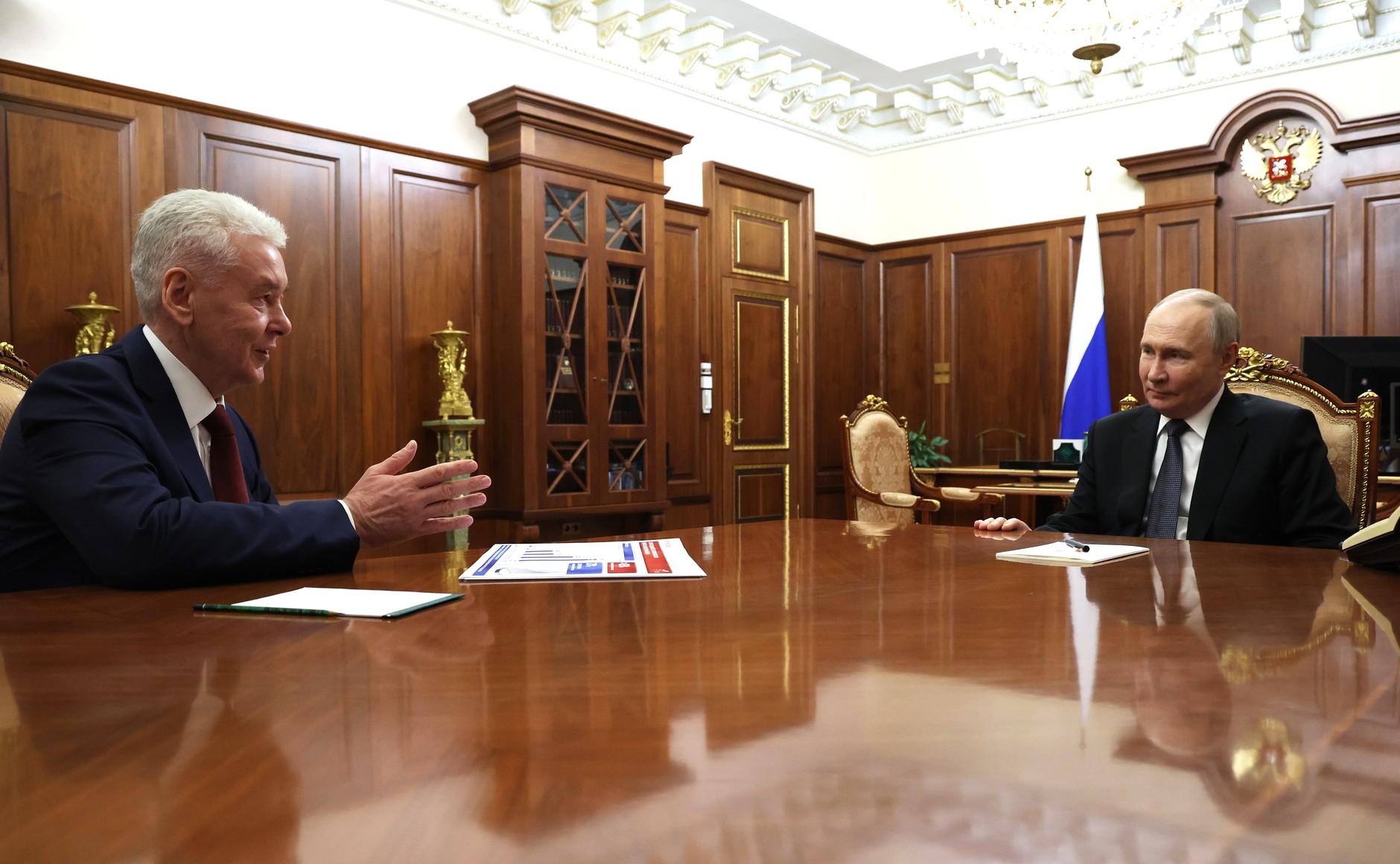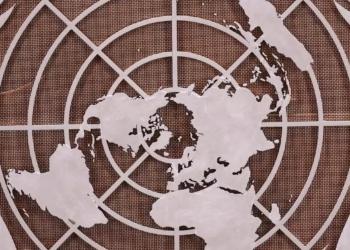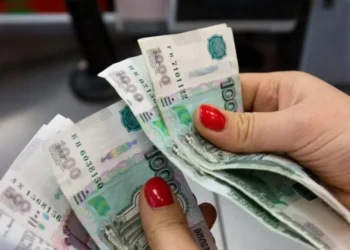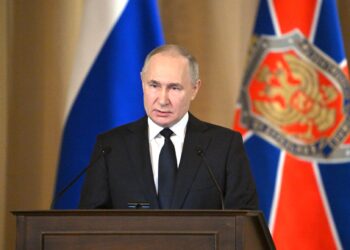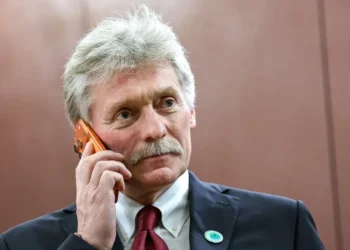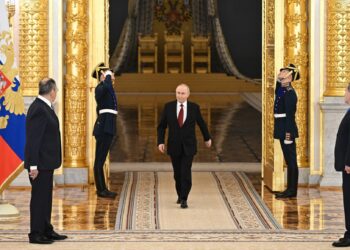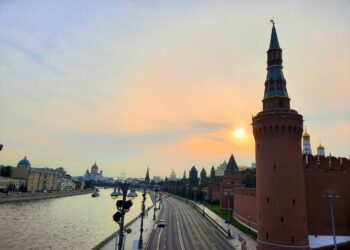MOSCOW (Realist English). President Vladimir Putin met with Moscow Mayor Sergey Sobyanin to assess the city’s socio-economic progress and outline key urban development goals for the coming years. The meeting underscored Moscow’s role as a national economic engine amid ongoing geopolitical pressure.
According to Sobyanin, the city’s economy has shown resilience and growth despite Western sanctions. “Fixed capital investment has increased nearly 3.7 times since 2009, reaching ₽17 trillion. Key sectors such as pharmaceuticals, microelectronics, and automotive manufacturing are growing by 25–40% annually,” the mayor said.
Transport infrastructure was a central topic. The recently completed Big Circle Metro Line now serves up to 1.3 million passengers daily, while the city’s high-speed surface roads carry over 400,000 vehicles per day. “These projects have generated more than ₽1 trillion in additional tax revenue,” Sobyanin noted.
Moscow’s large-scale urban renewal program continues: over 51,000 families have already been resettled, with a similar number expected in 2024. The city is also investing heavily in education, with plans to build up to 60 new schools and renovate about 100 existing ones annually.
President Putin praised the city’s development strategy:
“Moscow remains the country’s leading center of science, industry, and education. The city is advancing confidently and setting an example for other regions.” He added, “It is vital that security keeps pace with growth — this is a matter of systemic responsibility.”
Moscow continues to serve as Russia’s primary growth hub, with a strong focus on localizing production, expanding infrastructure, and strengthening social services — laying the groundwork for long-term urban resilience.
The meeting signaled that Moscow’s mega-project is evolving. The emphasis is shifting from scale to sustainability, with the capital emerging as a model of post-crisis urban governance — where economic results are directly tied to managerial stability.


